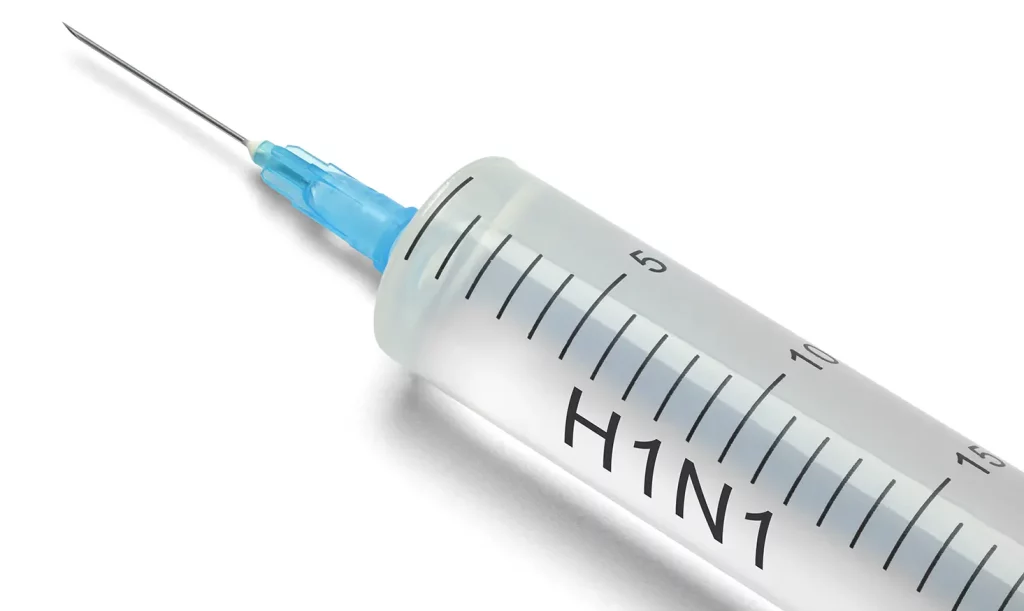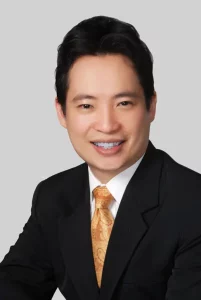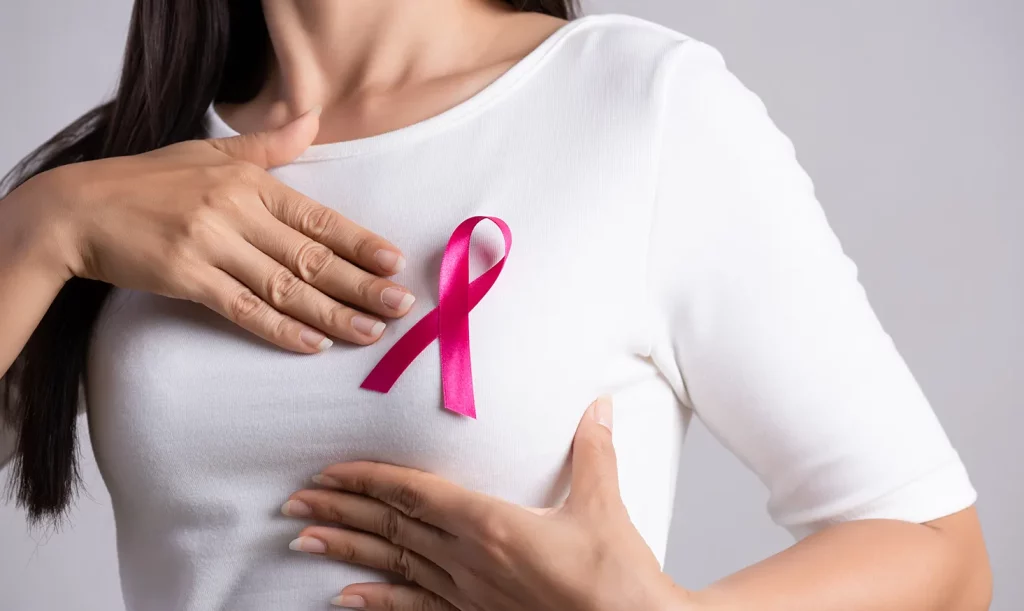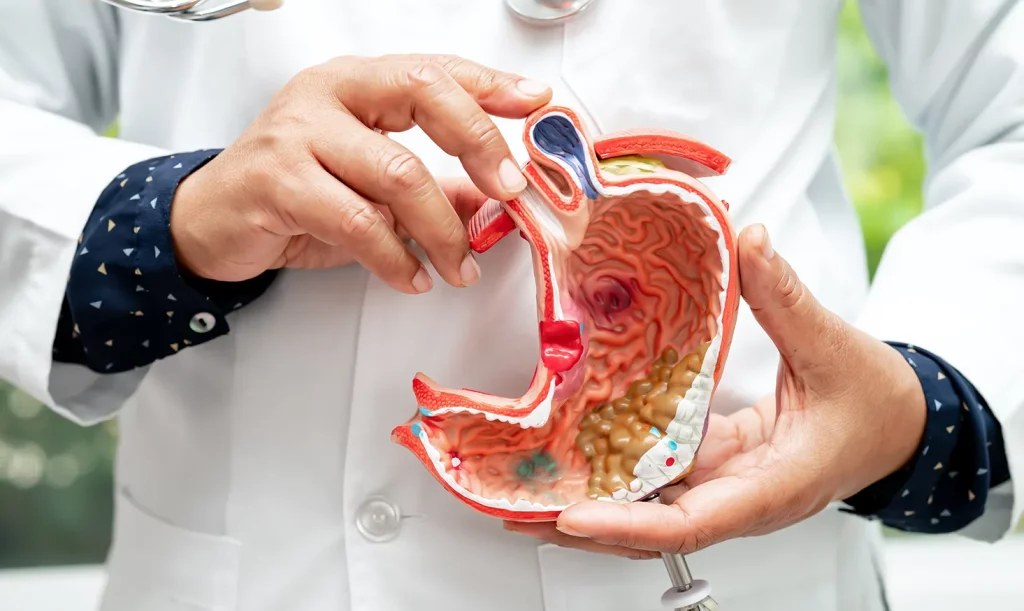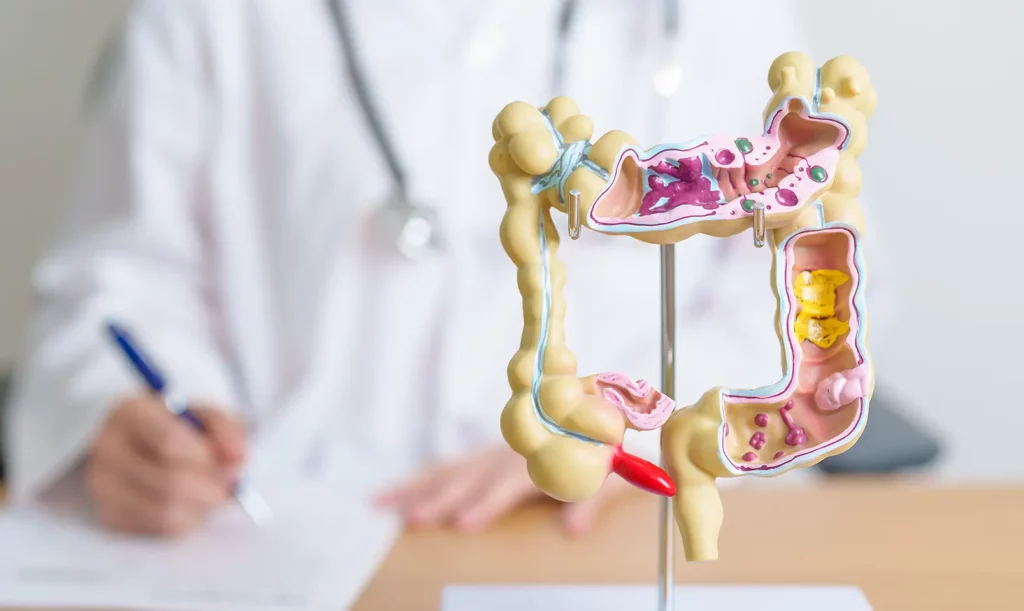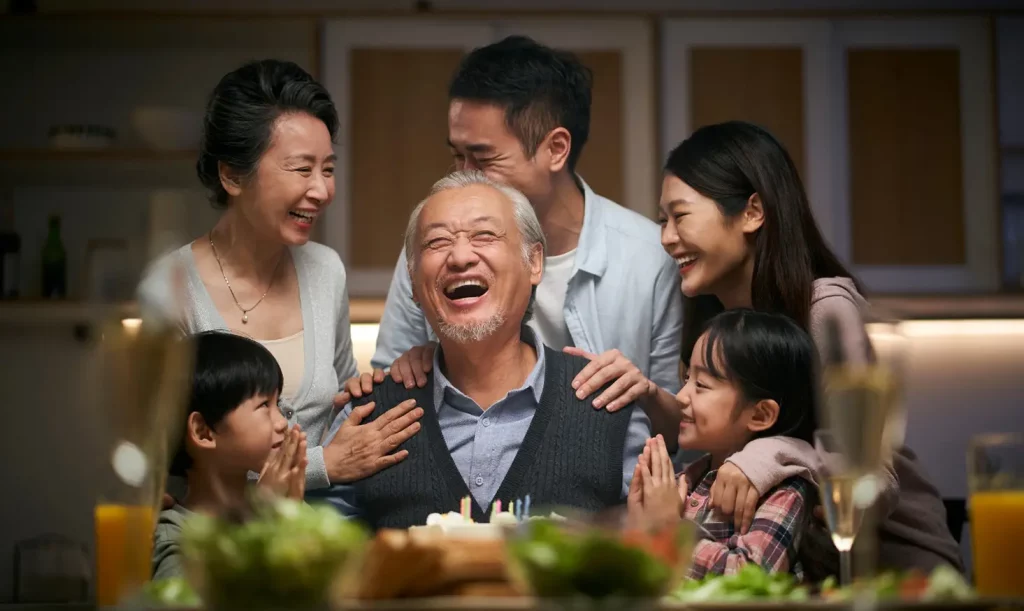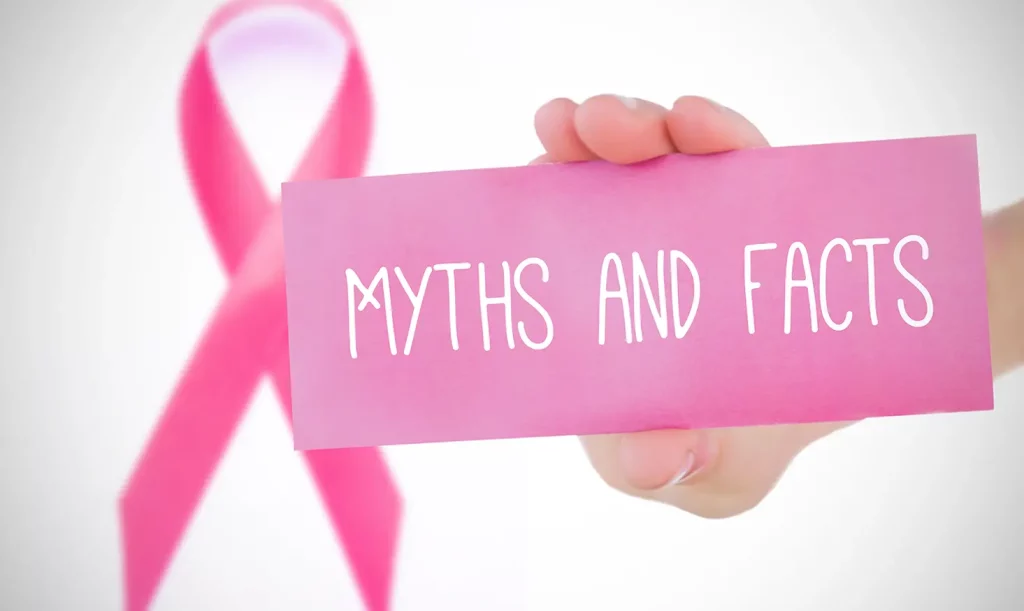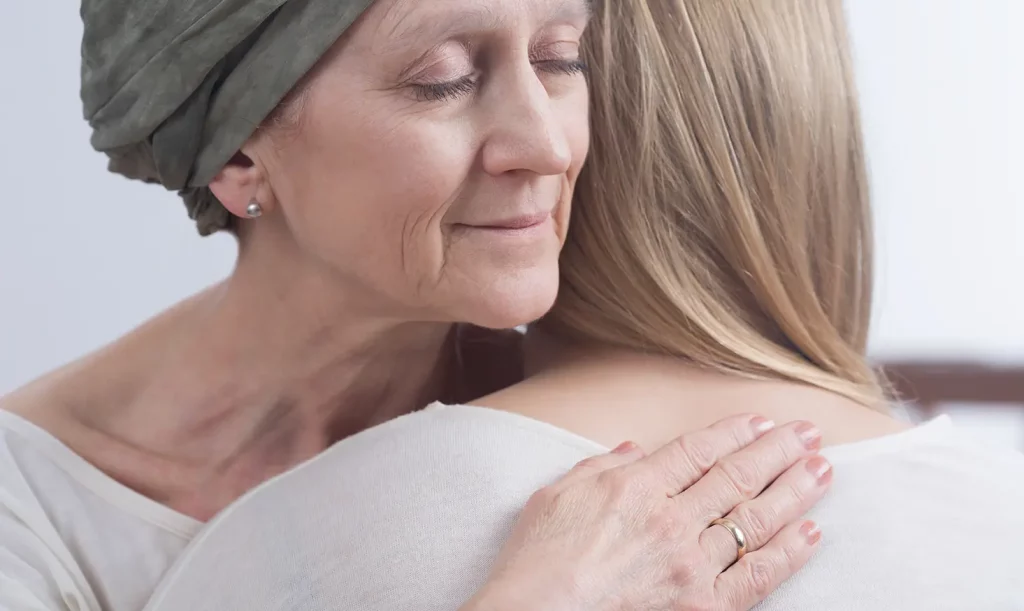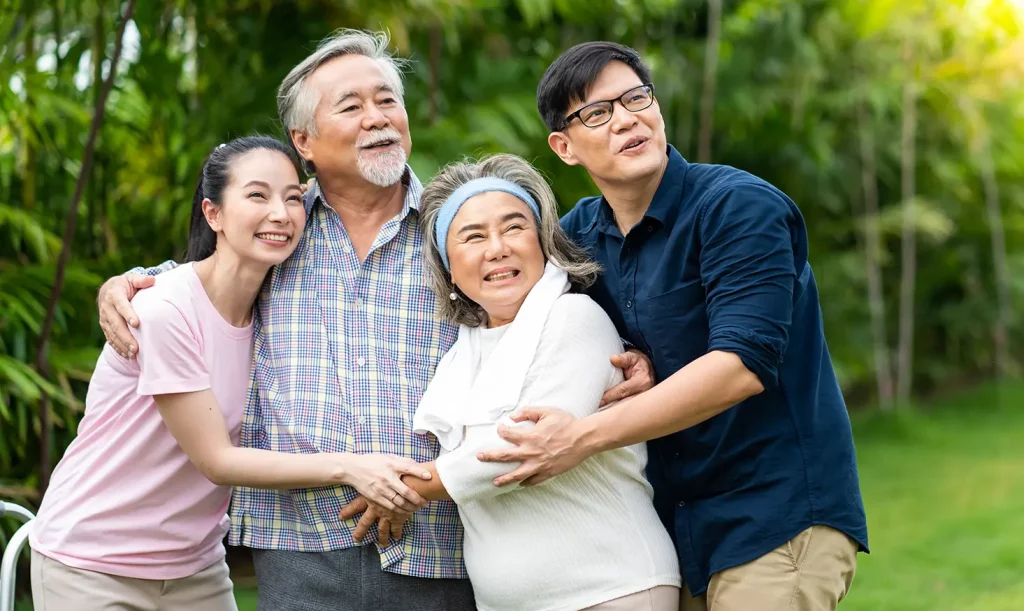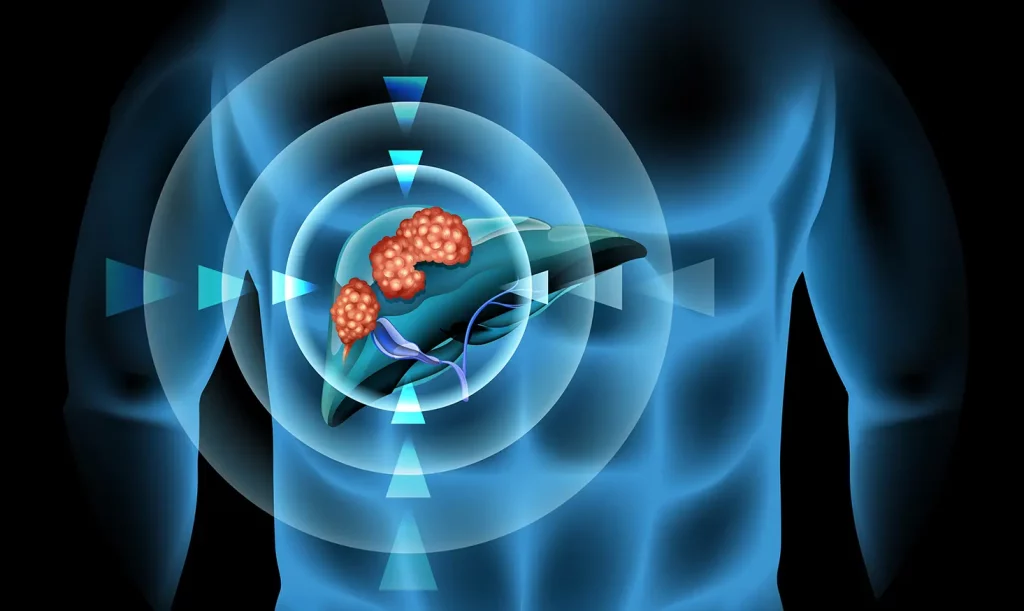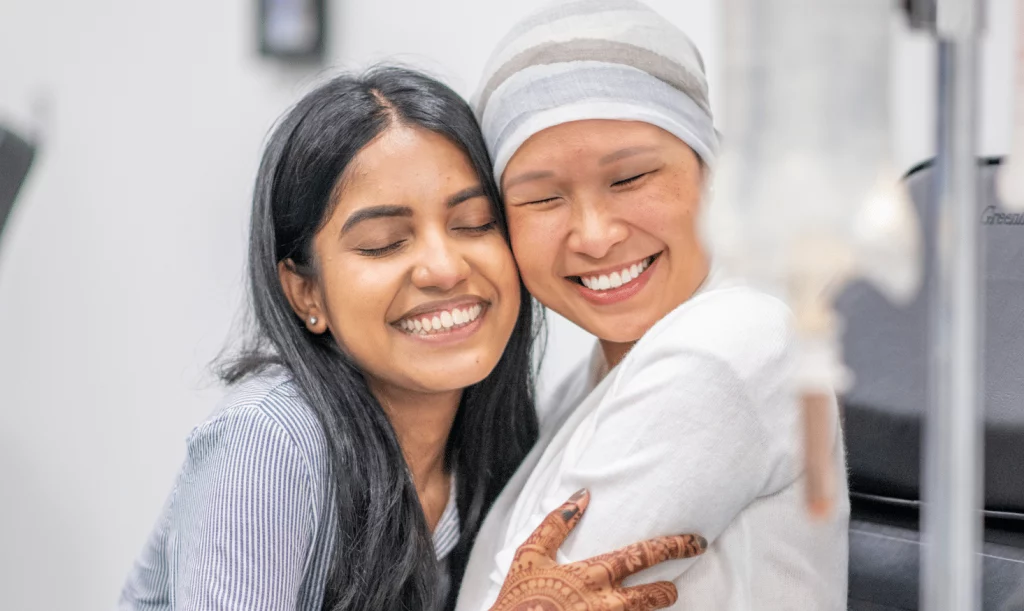Cancer patients are potentially at greater risk of acquiring an H1N1 infection as well as developing complications from the infection. Any patient with serious chronic diseases such as kidney failure, chronic obstructive lung disease or cancer is at risk, as the underlying disease weakens the immune system. However, patients with cancer currently receiving treatment with chemotherapy are at particularly high risk, as their immune systems are affected in more ways than one. Underlying cancer takes a toll on the immune system. Chemotherapy employed to treat cancer has the side effect of further weakening the immune system. Cancer patients, in other words, suffer a double setback in their immunity.
Are they also at higher risk of contracting the virus as well?
While cancer patients are at theoretically higher risk of acquiring the H1N1 infection, we do not, at the present time, have sufficient data to conclude on the magnitude of that increased risk.
Are some cancer patients more at risk than others?
Cancer patients, currently on active treatment with chemotherapy, are at higher risk. In general, the greater the disease burden on the body (i.e. more advanced stages of cancer) and the greater the intensity of the chemotherapy, the higher would be the associated risk.
How “real” is the risk for complications that cancer patients face, should they contract H1N1?
The potentially life-threatening complications include serious infections of vital organs such as the lung (pneumonia), heart (carditis) and brain (encephalitis) leading to organ failure, seizure (in the case of encephalitis) or a precipitous drop in blood pressure (toxic shock). The complication may also arise from secondary bacterial infection, particularly of the lungs (pneumonia), after the natural barrier of the body to bacterial infections is breached by the influenza virus. The fear that cancer patients undergoing chemotherapy are at increased risk for complication is borne out by the recent report of the death of a cancer patient with H1N1 at the Peter MacCallum Cancer Centre in Australia.
How concerned have your patients been, since H1N1 hit Singapore? What are some of their concerns? Have the concerns intensified, since community spread set in?
The appearance of H1N1 in Singapore and the news of community transmission have certainly caused anxiety amongst my patients. However, our centre’s practice of comprehensive counselling and patient education conducted by the nurses, counsellor and myself for all patients receiving chemotherapy under our care has greatly reduced the anxiety by raising the patients’ understanding of the risks of their condition, the steps they can take to counter the risks and the correct response should they encounter problems. This has greatly dispelled the “fear of the unknown” and patients are more empowered. Further, we are in constant contact and all our patients are at liberty to reach me or my nurses by phone directly at any time on any day. We have a mobile doctors and nurses team that is able to attend to our patients in their homes whenever the team is called upon. The secure knowledge our patients have of the cover provided by our centre 24 hours a day, seven days a week, goes a long way to allaying their fears.
What are some tips that you can impart to cancer patients?
The importance of personal hygiene measures is constantly stressed. Frequent hand-washing and the need to cover the mouth and nose when coughing and sneezing are measures that immediate family members staying with the patient should also strictly observe. I discourage my patients from going to high-risk areas. By high-risk areas, I am referring to crowded areas, particular areas with poor ventilation. The risk of disease transmission is higher in such places. When visits to public places cannot be avoided, for instance, patients often have a need to go to the shops to run errands, I suggest to go during off-peak periods such as office hours on weekdays rather than to join the weekend crowd at big sale event. Wearing a mask in crowded situations may be considered. I do not discourage friends and relatives of patients from visiting as such interaction is an important source of social and emotional support for patients going through a psychologically tumultuous period of cancer diagnosis and treatment. However, I caution against intimate contact with friends and relatives who are clearly unwell, perhaps running a fever or showing flu-like symptoms.
For cancer patients, how important is it that the public acts responsibly?
A civic-minded public that acts responsibly by paying attention to personal hygiene and to avoid public areas if they are unwell will certainly help to cut down disease transmission.
From your knowledge, has there been any cancer patient in Singapore who has contracted H1N1?
I had a breast cancer patient who was recently diagnosed with H1N1. Fortunately, she has completed the chemotherapy phase of her treatment and has moved on to the hormonal therapy phase, hence, her immune system has largely reconstituted. She recovered very well after treatment with Tamiflu.
Any other comments?
The threshold for starting antiviral treatment (e.g. with Tamiflu) should be different for cancer patients receiving chemotherapy versus the general public. Not all people infected with H1N1 will be required anti-viral treatment as the majority with do well and recover on their own. As we move into the mitigation phase, for the general population, only more serious cases would need anti-viral treatment and referral to a hospital while the majority can be given only symptomatic care supervised by a general practitioner. Cancer patients receiving chemotherapy, on the other hand, should return to their primary oncologist should they develop flu-like symptoms and they should be started on antiviral treatment without delay.
